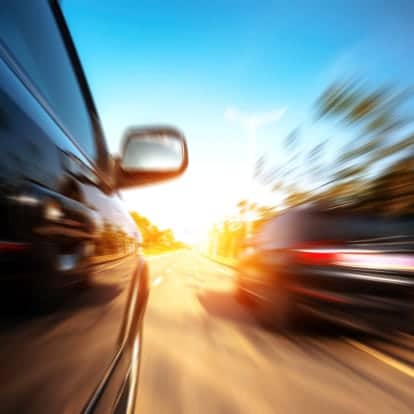
The National Transportation Safety Board (NTSB) released their list of most wanted transportation safety improvements for the coming year. The list focuses upon the importance of including more technological advancements in highway vehicles and train systems to help avoid collisions in the future.
The NTSB believes that with the addition of more technology into today’s vehicles, the number of injuries and fatalities will decrease. For example, the NTSB would like to see more collision prevention technology in highway vehicles, as well as an increase in occupant protection across all modes of transportation. Additionally, the NTSB is calling for mandatory laws that enforce the use of safety belts and child restraints nationwide.
Aside from technological improvements in highway transportation, the NTSB notes that rail safety initiatives, such as the implementation of positive train control (PTC), is also necessary. The PTC is a system for closely monitoring and controlling train movements. This allows the train conductor to receive information regarding the train’s location and where it is allowed to travel safely.
Lastly, the NTSB discusses how fatigue, undiagnosed medical conditions and distraction of transportation operators have attributed to accidents. For this the NTSB advocates that federal regulators require their employees to be medically fit in order to fulfill their duties.
Motorists need to understand their legal rights
Although the safety improvements that the NTSB suggests would be helpful in preventing accidents in the future, how does that help the victims who have already been injured by one of the aforementioned factors? Until the necessary changes are made, victims need to be informed about their rights, should they experience an accident.
Many of the implementations that the NTSB listed applies to commercial vehicles. When a collision occurs between two personal vehicles in Maine, the at-fault driver is legally responsible for ensuing damages and injuries. However, when the crash involves a commercial vehicle, the victim must file a suit against the company that employs the at-fault driver.
In some cases, the plaintiff may need to sue the company that makes or maintains the commercial vehicle in order to seek compensation.
Types of damages that can be recovered
In some cases, accidents involving commercial vehicles result in greater damage due to the sheer size of the vehicle. For this reason, commercial liability policies have higher limits to allow the victim to receive reasonable compensation for their losses.
A successful claim may secure the following types of compensation:
- Medical bills
- Lost wages
- Property damage
- Pain and suffering, and emotional distress
- Loss of normal life, which an include a permanent disability or disfigurement
If you or a loved one have suffered significant injury following a vehicle accident in Lewiston, Portland, Bangor or Auburn, the firm of Hardy, Wolf & Downing offers skilled legal guidance and support.
To speak with a Maine personal injury lawyer about your options for legal recourse, please contact our office at 1-800-INJURED and schedule a free case review.

